
UKGC addresses new financial checks safeguarding gamblers without affecting credit ratings & clarifies gambling ad ban reversal. (Photo by Nataliya Vaitkevich Pexels)
The UK Gambling Commission and the UK government have clarified more about implementing affordability checks for the UK casino and sports betting market. In the same breath, there has also been controversy over the current gambling advertising bans.
For those worried about the financial affordability checks, a recent prediction from statistics from research conducted by companies and bigwigs supporting the UK White Paper shows that only 3% of the UK’s gambling population will likely need an affordability check—more about this topic below.
Perhaps the most surprising of the two is the reversal of gambling ads after Andrew Rhodes, the UKGC Interim Chief Executive, said the evidence provided by crucial study groups isn’t enough to prove advertising triggers gambling activity. On the one hand, gambling companies need to advertise. On the other hand, the idea of these ads is to encourage people to gamble.
Even without the evidence provided by research bodies, ads spur people on to gamble, so why the U-turn? The answer is more profound than you might think. Think ‘problem gambling’. Do gambling ads spur problem gamblers to gamble or worsen gambling addiction? Probably not. The idea of a ban is to reduce problem gambling issues, but with the UK’s problem gambling. However, in ICE London and the IGB L!VE, UKGC speakers have said that 23.6 million in the UK gamble and around 70,800 develop gambling problem issues, a stat of 0.3% according to the UKGC Statistics on Participation and Problem Gambling. That possibly means they are not harming the other 99.7%, so why ban the ads?
Read the full stories covering the latest news on affordability checks and gambling ad bans in the section below!
UKGC Clarifies New Financial Risk Checks
Amid widespread confusion, the UK Gambling Commission (UKGC) has stepped forward to clear the air on the impending financial risk checks; a topic covered here on CasinoPlusBonus in the Affordability Checks Draw Mixed Opinions news report. Andrew Rhodes, the commission’s chief executive officer, stressed that individuals’ credit ratings will remain untouched by these checks, which will also remain absent from betting outlets.
These preventative measures, outlined extensively in a government white paper, have been devised to shield vulnerable gamblers from substantial financial losses. A mere 3% of the gambling population will face these assessments. In comparison, 20% will undergo less invasive light-touch checks, utilising data already in the public domain to prevent unnecessary disruption.
This initiative represents a concerted effort to strike a harmonious equilibrium between individuals’ gambling freedoms and the protective barriers against potential harm. As this scheme is refined, the UKGC is keen to incorporate public and industry specialists’ feedback during the current consultation period.
Official UK Gambling White Paper: The offcial information from the UK government and UKGC is available via the UK White Paper PDF here. here. Check ‘page 24’ under the section ‘Risk 3: Financial vulnerability’ for more information on this topic.
UK’s Gambling Ad Ban Reversal Ignites Debate
The recent decision by the UK government to retract the impending ban on gambling advertisements has ignited fierce criticism according to a report issued in the Guardian newspaper – UK retreat on gambling advertising ban. Leading the charge is Dr. Matt Gaskell, a prominent figure in the gambling harm sector, who believes that these advertisements stimulate higher levels of consumption, thereby escalating potential detriments, particularly in susceptible groups.
Supporting this argument are noteworthy studies, one highlighted in the reputable journal Public Health which urged for the imposition of restrictions on advertising, grounded on “considerable and consistent proof” affirming the necessity for such initiatives. Moreover, a University of Sheffield study underscored the direct connection between gambling commercials and a rise in gambling engagement and consequent damage.
Countering this, Stuart Andrew, the UK Minister responsible for sport and gambling, defends the government’s position, citing scant evidence linking advertisements to gambling-related damages. Despite the controversy, the government hints at impending modifications in advertising standards, highlighted by Andrew’s reference to future initiatives such as a voluntary Premier League shirt sponsorship ban and limiting marketing directed at gambling patrons.
Moreover, the government intends to overhaul the current funding structure for research in this sector, proposing a statutory levy on bookmakers to fund government-approved research. Mr Andrew anticipates unveiling a new regulatory structure by the summer of 2024, emphasising the critical role of comprehensive research in shaping these pivotal decisions, aiming to strike a harmonious accord between customer satisfaction and industry vitality.
Coincidentally enough, the Guardian newspaper itself has its own ban on gambling advertising as per a report issued here on Casinoplus bonus in June this year – UKGC Gambling News in Focus – under the section Guardian Newspaper Bans Gambling Advertising. Will the Guardian also reverse its policy after the current news?




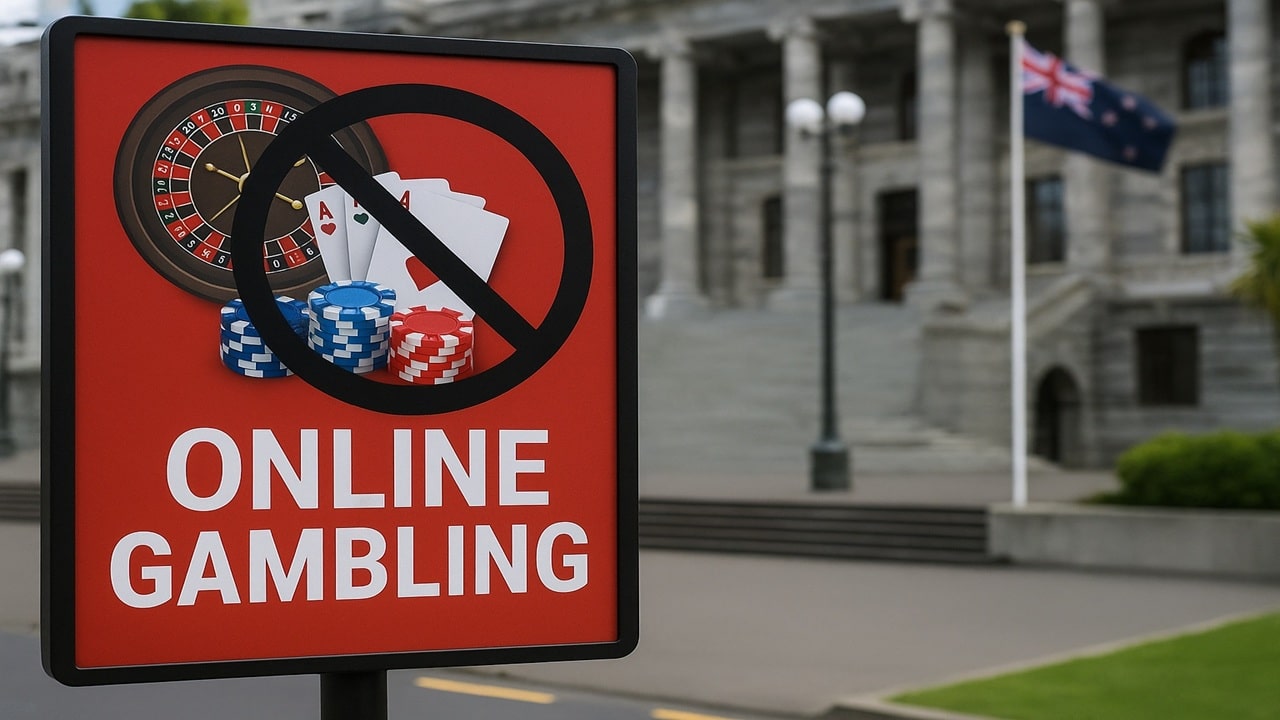




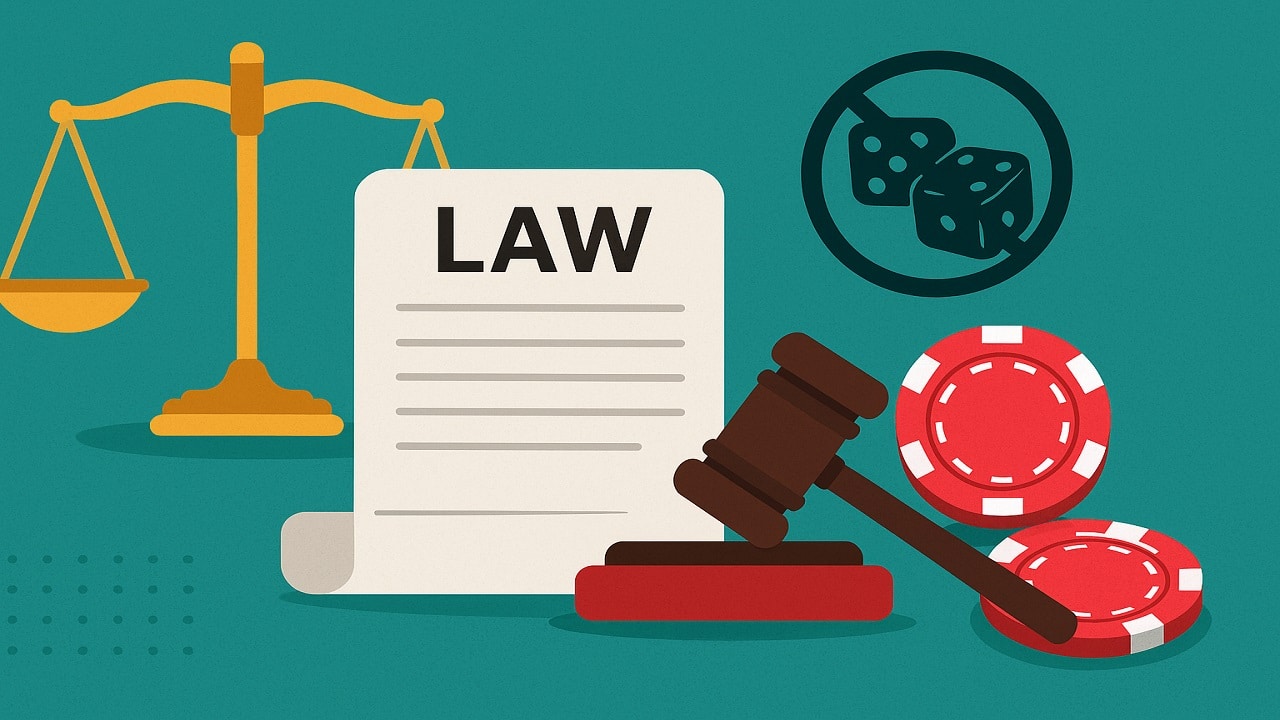

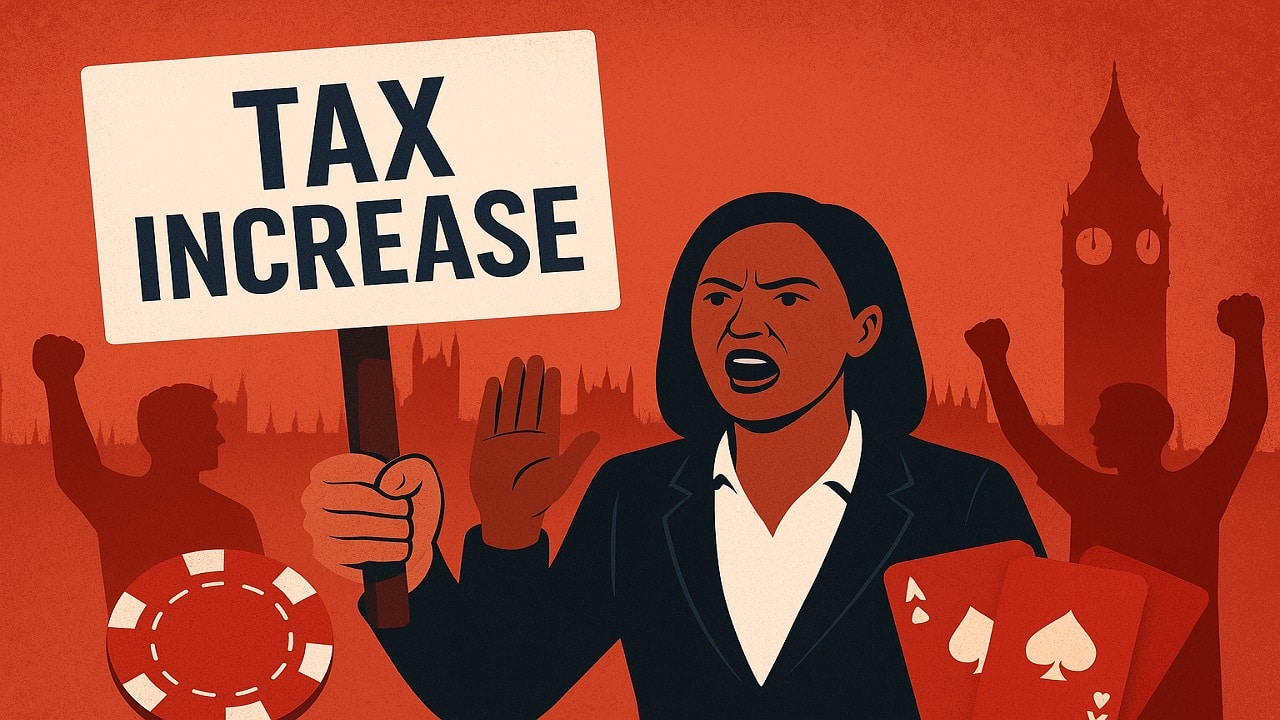
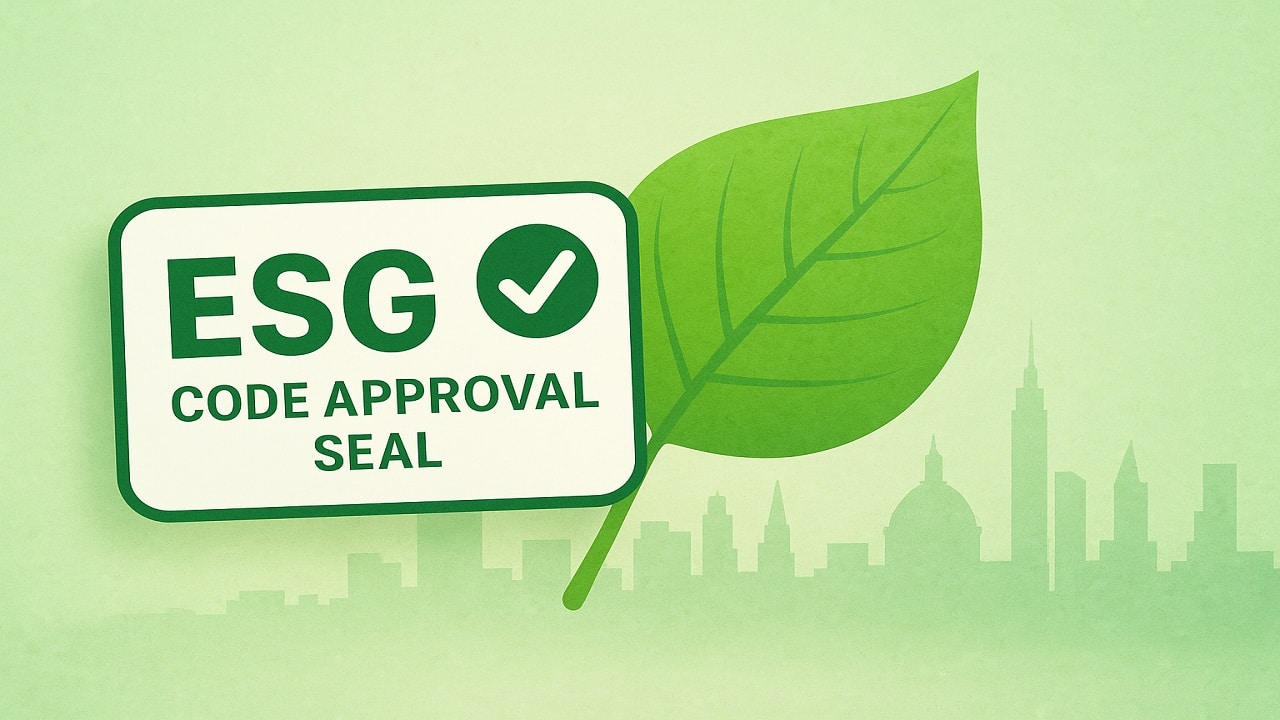
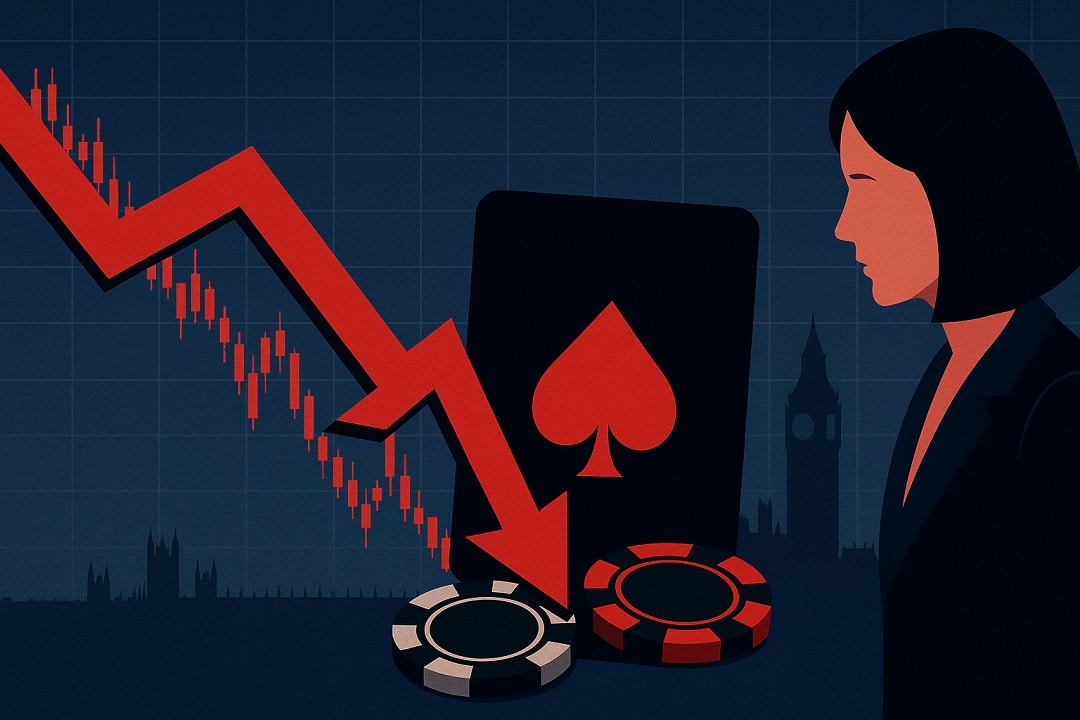







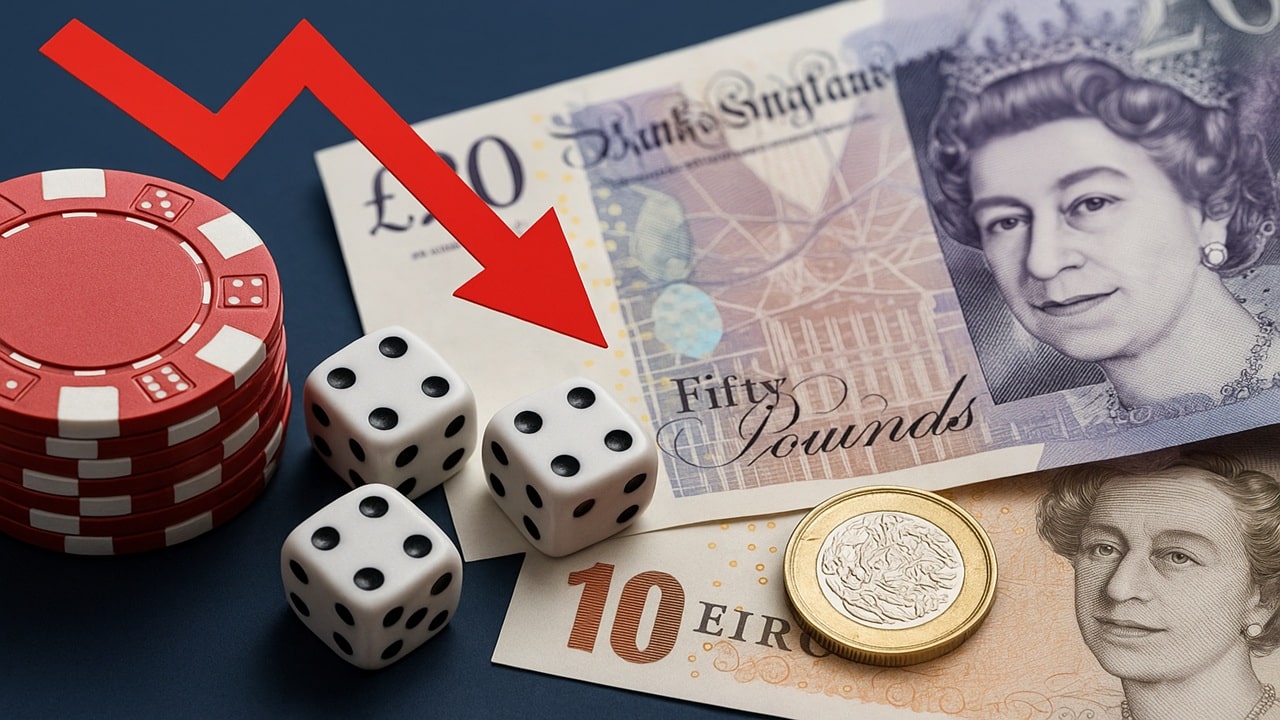

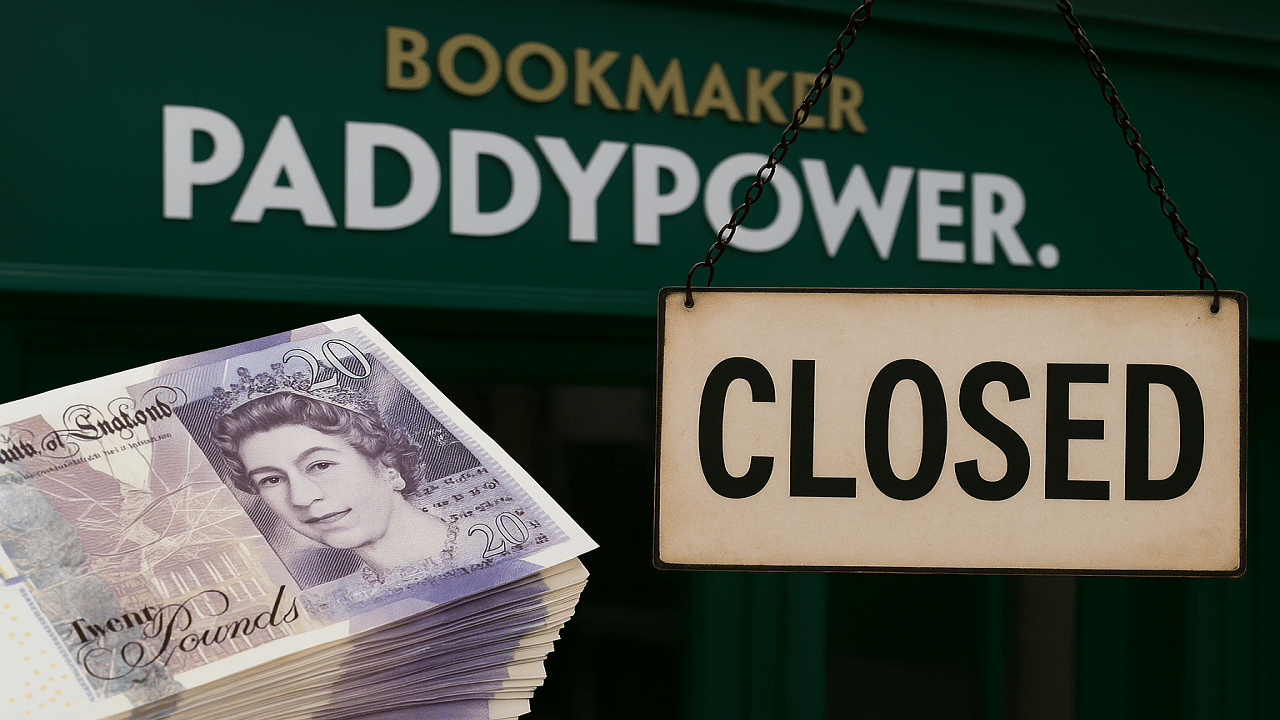
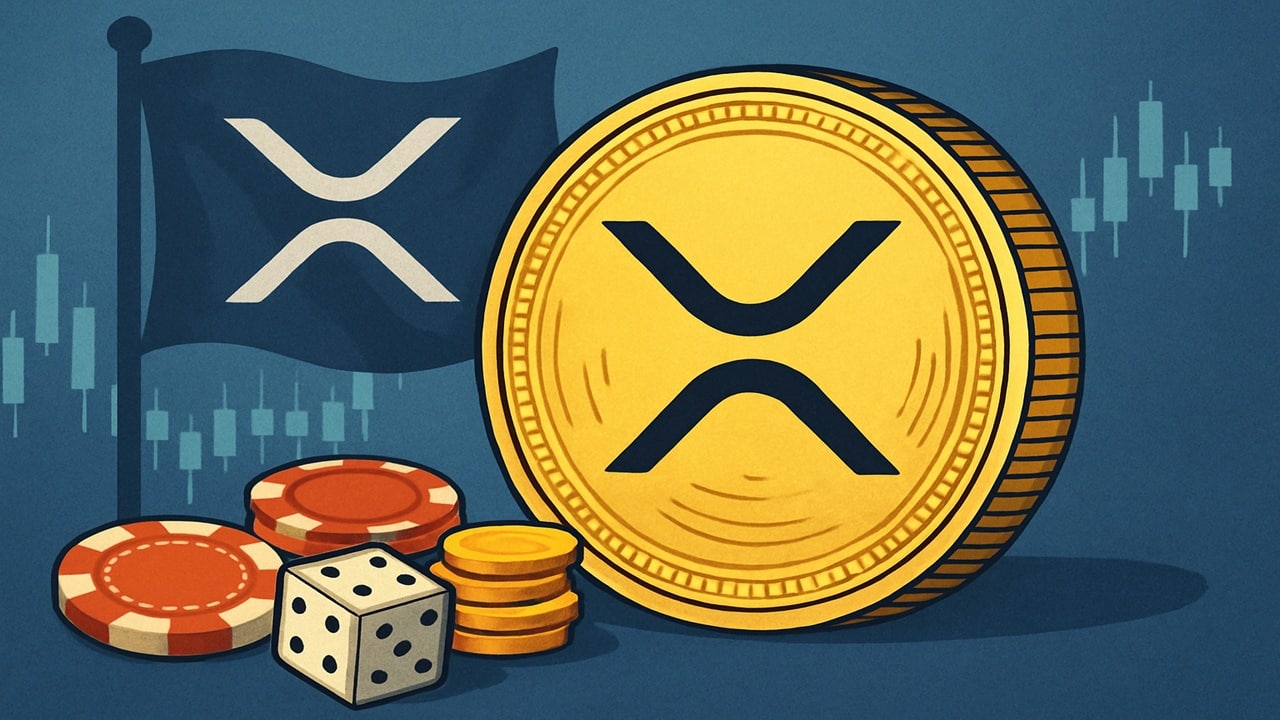
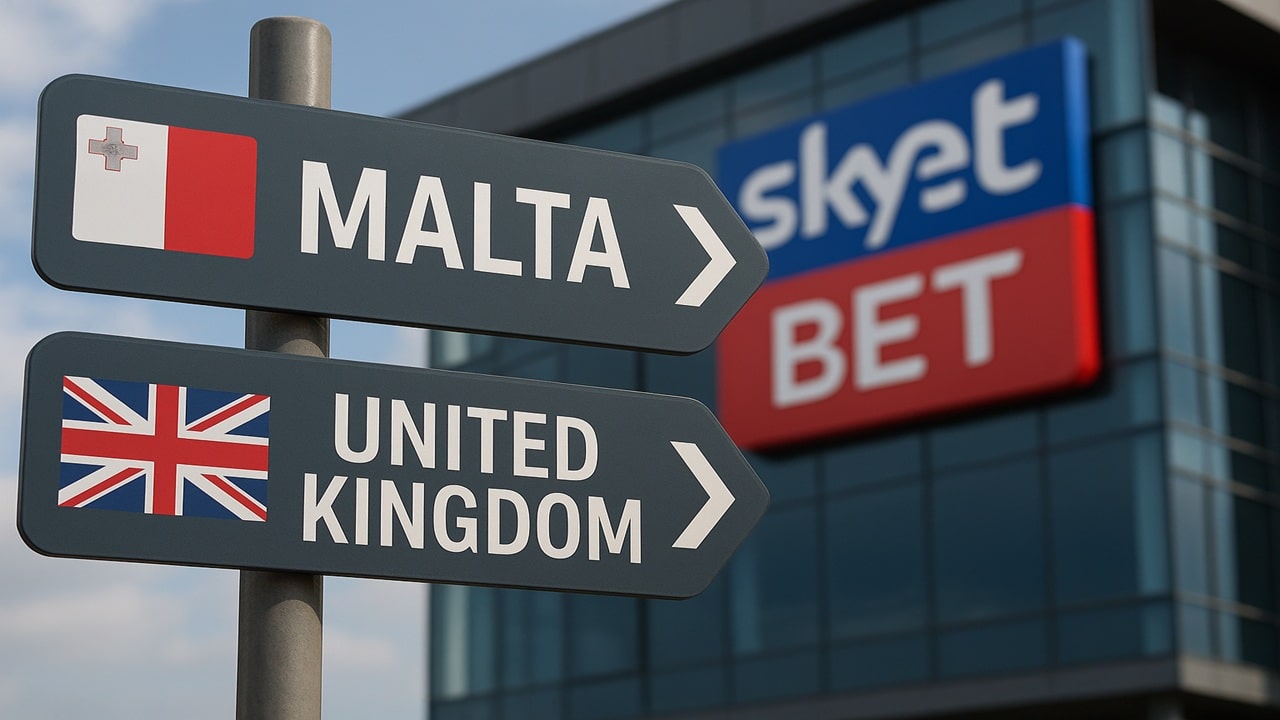
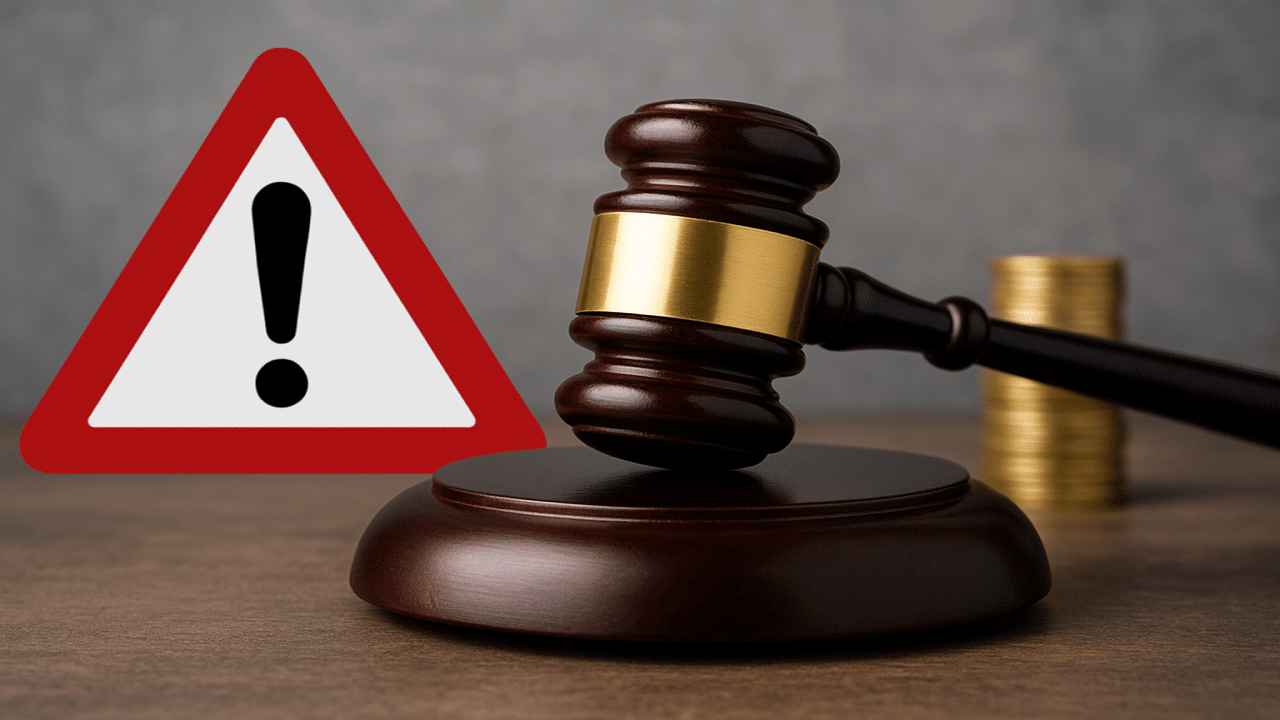



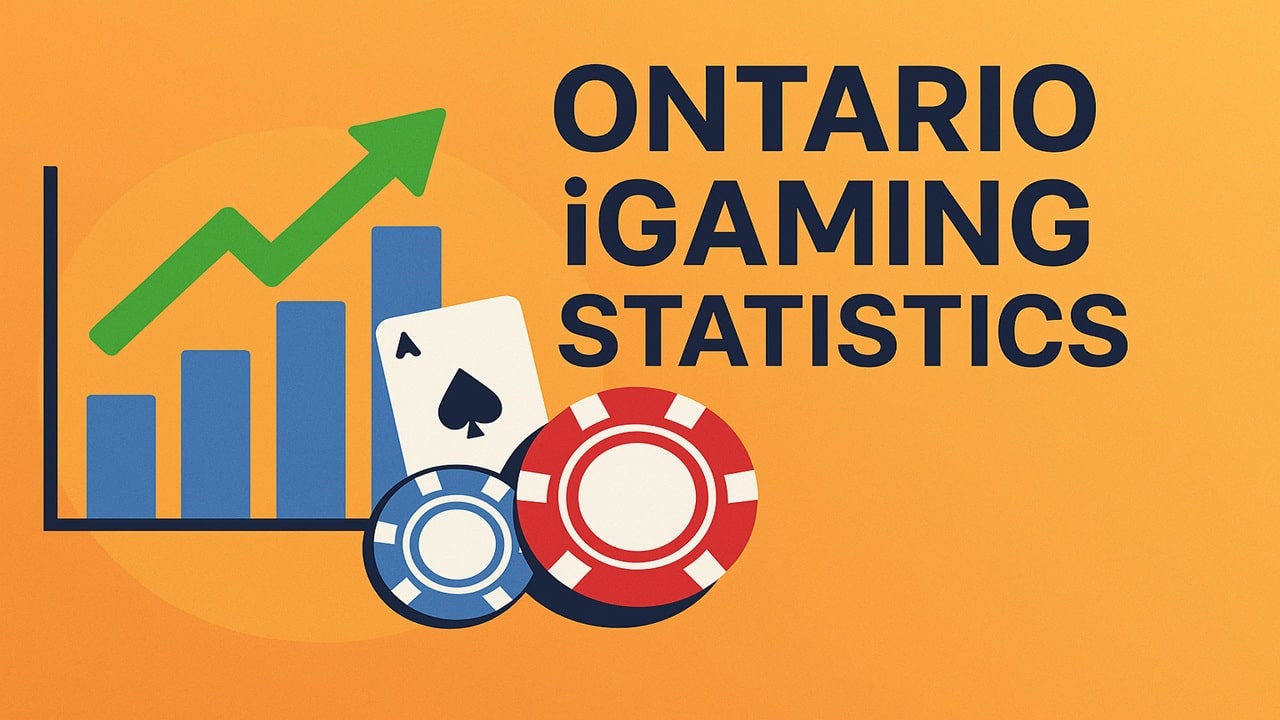
Leave A Comment